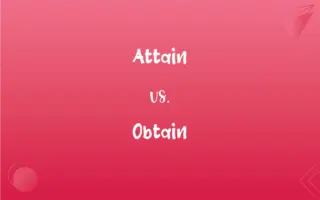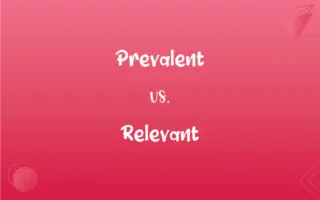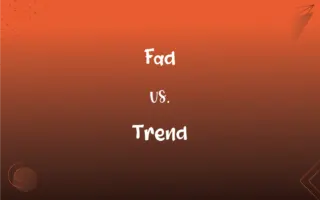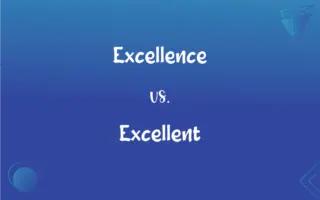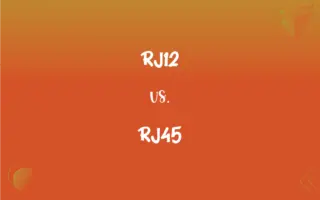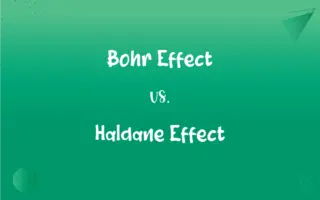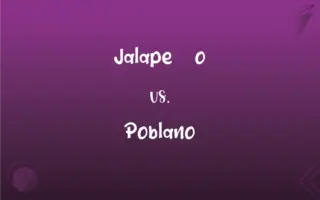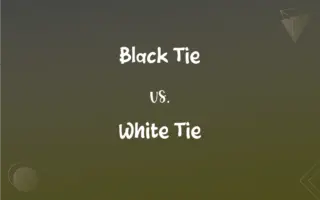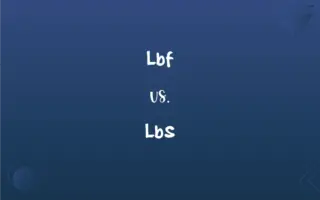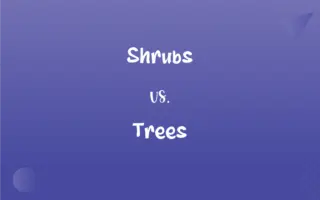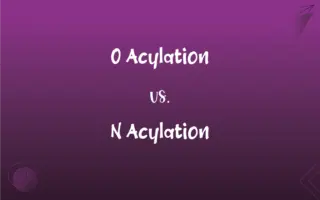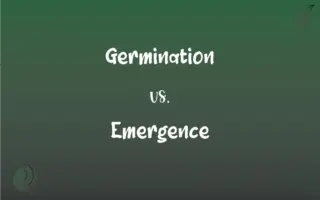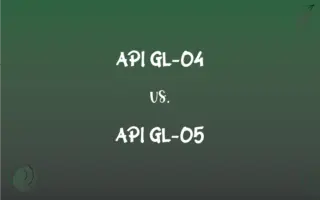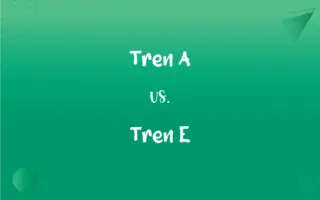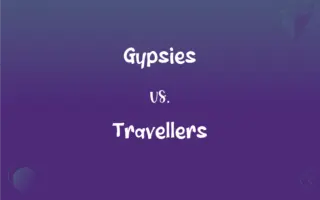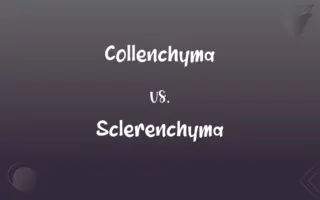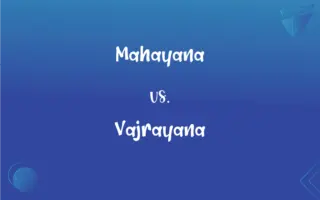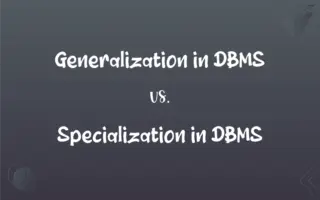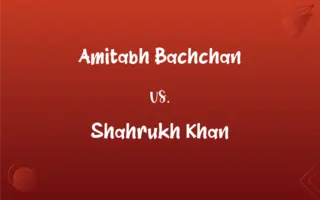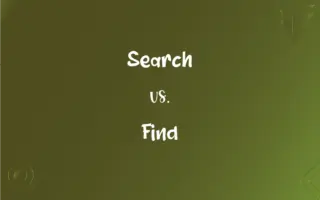Slang vs. Colloquial: What's the Difference?
Edited by Janet White || By Harlon Moss || Updated on November 15, 2023
Slang is informal language specific to a group; colloquial is everyday informal speech.
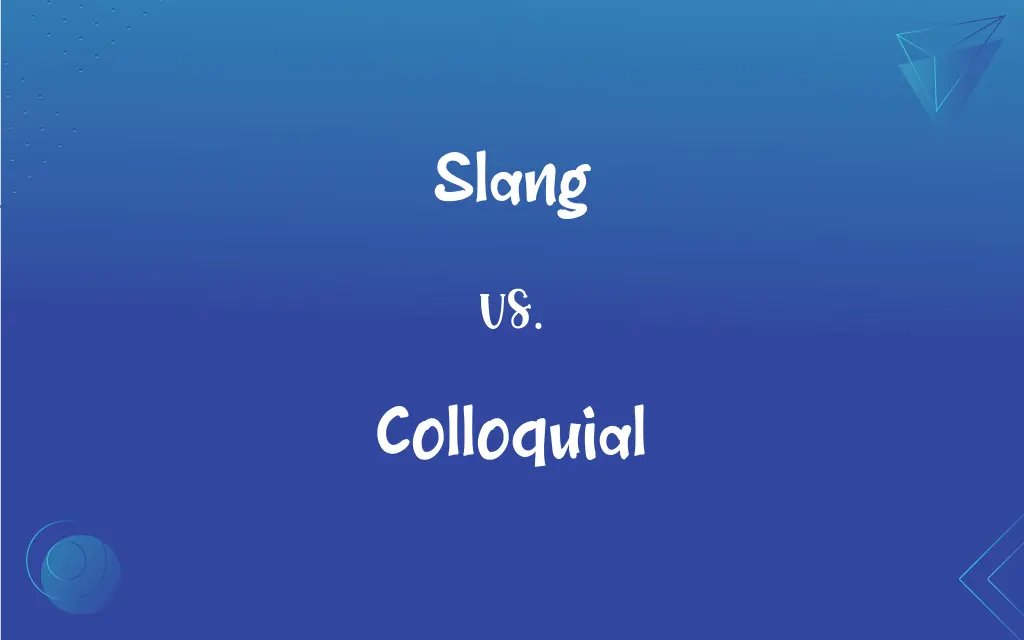
Key Differences
Slang is a type of language that consists of words and phrases regarded as very informal and are more common in speech than writing. Colloquial, on the other hand, refers to language used in ordinary or familiar conversation, not formal or literary.
Slang often emerges within certain groups or communities, making it a marker of in-group identity. Colloquial expressions are regionally accepted and understood, without necessarily being tied to a specific group.
Slang can be short-lived, often changing or falling out of use quickly, particularly with shifts in culture or societal trends. Colloquial language, while informal, tends to have more staying power, with many colloquialisms remaining stable over longer periods of time.
Slang might not be understood by those outside the specific group or community that uses it. In contrast, colloquial language, being a part of everyday conversation, is generally comprehensible to a wider audience, even if some regional variations might require clarification.
Comparison Chart
Nature
Very informal
Informal but not very
ADVERTISEMENT
Usage
Specific groups
Ordinary conversation
Longevity
Often short-lived
More stable over time
Comprehensibility
May be group-specific
Generally widely understood
Examples
"YOLO" (You Only Live Once)
"gonna" (going to)
Slang and Colloquial Definitions
Slang
Informal language, often short-lived.
She ghosted him after their date.
ADVERTISEMENT
Colloquial
Not formal or literary language.
That's kinda surprising.
Slang
Language deviating from standard usage.
I'm feeling salty about that game.
Colloquial
Casual language understood widely.
It's gonna rain today.
Slang
A form of language peculiar to a particular group.
That new song is lit!
Colloquial
Everyday language, regional in nature.
Y'all come back now, ya hear?
Slang
Terms not always understood outside a particular community.
He's the GOAT in basketball.
Colloquial
Informal language used in ordinary conversation.
I wanna go to the movies.
Slang
Expressions often seen as nonstandard.
I'm just gonna chill today.
Colloquial
Phrases that might not appear in formal writing.
It's a piece of cake.
Slang
A kind of language occurring chiefly in casual and playful speech, made up typically of coinages and figures of speech that are deliberately used in place of standard terms for added raciness, humor, irreverence, or other effect.
Slang
Language peculiar to a group; argot or jargon
Thieves' slang.
FAQs
What is slang?
Slang is a very informal language used by specific groups or communities.
Are colloquial expressions regional?
Yes, colloquial expressions can be regional but are generally widely understood.
Is colloquial speech considered incorrect?
While informal, colloquial speech is not inherently incorrect.
Can a colloquial expression become standard?
Over time, some colloquial expressions can become accepted as standard language.
Why is slang important?
Slang can be a marker of identity, showcasing cultural or group-specific nuances.
Is slang short-lived?
Slang can be short-lived, often changing with cultural or societal trends.
Can slang be regional?
While slang can originate in specific regions, it is more tied to groups than geography.
What does colloquial mean?
Colloquial refers to informal language used in everyday conversation.
Can slang be used in formal writing?
Slang is typically avoided in formal writing.
Is colloquial language casual?
Yes, colloquial language is casual and used in familiar conversations.
Are colloquialisms used worldwide?
Every language has its own colloquialisms based on regional and cultural variations.
How do I identify slang in a text?
Slang often stands out as very informal and might not be widely understood outside a specific context.
How does colloquial language differ from slang?
Colloquial language is informal everyday speech, while slang is very informal and often group-specific.
Is all slang colloquial?
While all slang is informal and can be considered colloquial, not all colloquial language is slang.
What's an example of slang?
"FOMO," which stands for "Fear Of Missing Out."
Does slang enrich a language?
Yes, slang can add vibrancy and nuance to a language.
How does slang originate?
Slang often originates within specific groups or communities, reflecting shared experiences or trends.
Is slang exclusive to youth?
While often associated with youth, slang can be used by and originate from any age group.
Can colloquial language be humorous?
Yes, colloquial expressions can often have humorous or playful connotations.
Give an example of a colloquial expression.
"What's up?" as a greeting.
About Author
Written by
Harlon MossHarlon is a seasoned quality moderator and accomplished content writer for Difference Wiki. An alumnus of the prestigious University of California, he earned his degree in Computer Science. Leveraging his academic background, Harlon brings a meticulous and informed perspective to his work, ensuring content accuracy and excellence.
Edited by
Janet WhiteJanet White has been an esteemed writer and blogger for Difference Wiki. Holding a Master's degree in Science and Medical Journalism from the prestigious Boston University, she has consistently demonstrated her expertise and passion for her field. When she's not immersed in her work, Janet relishes her time exercising, delving into a good book, and cherishing moments with friends and family.

